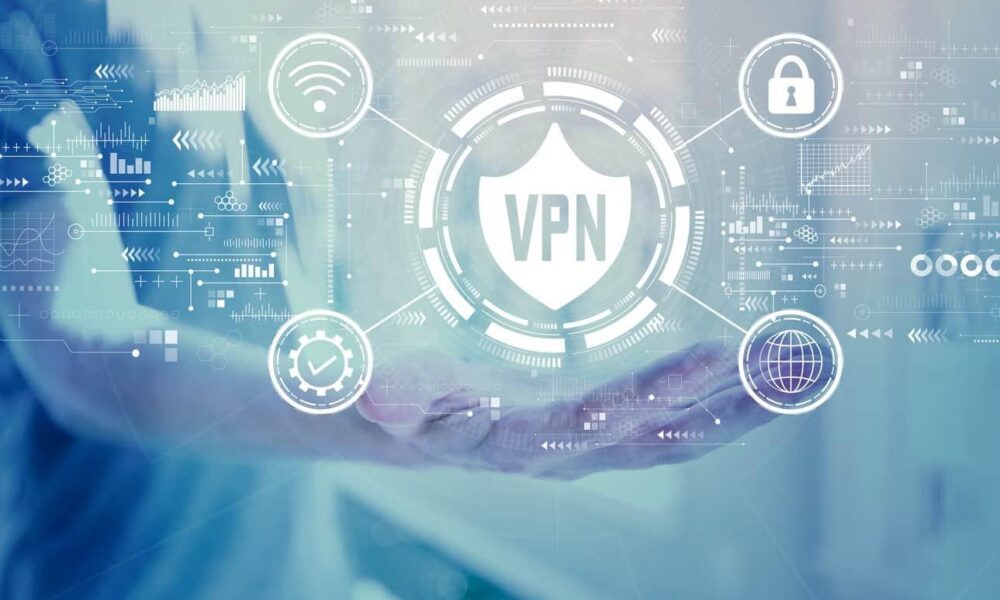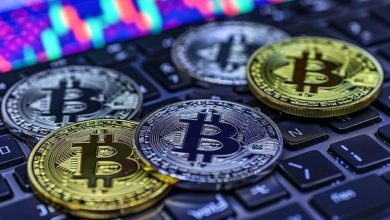Why a VPN Is Essential for Streaming and Its Benefits

In today’s digital age, streaming has become the primary way millions of people consume movies, TV shows, music, and sports. Platforms like Netflix, Disney+, Amazon Prime Video, YouTube, and Hulu have revolutionized entertainment, offering vast libraries of content at our fingertips. However, streaming comes with limitations and risks, from geo-restrictions to privacy concerns. This is where a Virtual Private Network (VPN) comes into play. VPNs have become essential tools for anyone who streams content regularly, providing access, security, and peace of mind.
What is a VPN?
A Virtual Private Network, or VPN, is a technology that creates a secure, encrypted connection between your device and the internet. By routing your internet traffic through a VPN server, your online activity becomes anonymous, and your real IP address is hidden. This provides several benefits for streaming: it allows access to content from other countries, protects your data from hackers, and prevents throttling by internet service providers (ISPs).
Why a VPN is Important for Streaming
- Bypass Geo-Restrictions
One of the biggest reasons people use a VPN for streaming is to bypass geographical restrictions. Streaming platforms often limit access to content based on your location. For instance, a TV series available on Netflix in the United States may not be accessible in Europe or Asia. By connecting to a VPN server in the country where the content is available, users can unlock these geo-restricted libraries. This effectively expands your viewing options and allows you to enjoy shows, movies, and sports events that would otherwise be unavailable like YouTube TV is unavailable in Mexico but a VPN can help you to unblock YouTube TV in Mexico. - Access Early Releases and Exclusive Content
Many streaming platforms release content at different times in different regions. Using a VPN can give you early access to shows, movies, or live sports events before they’re officially available in your country. Additionally, some platforms offer region-specific content, such as special documentaries, bonus features, or exclusive series. A VPN enables users to explore these hidden treasures. - Avoid ISP Throttling
Internet Service Providers sometimes slow down your connection when they detect high-bandwidth activities like streaming. This is known as throttling, which can cause buffering, lower video quality, or lag during live events. A VPN encrypts your traffic, making it difficult for ISPs to monitor your activities. As a result, throttling can often be avoided, leading to a smoother streaming experience with less interruption. - Enhance Privacy and Security
Streaming often involves logging into accounts, entering payment details, or accessing personal preferences. Without a VPN, this data could potentially be intercepted, especially when using public Wi-Fi networks. A VPN encrypts your connection, making it nearly impossible for hackers or third parties to access your information. This ensures that your viewing habits, personal data, and payment details remain private and secure. - Secure Public Wi-Fi Connections
Many people stream content while traveling, using public Wi-Fi networks in airports, hotels, or cafes. These networks are often unsecured, making them vulnerable to cyberattacks. A VPN protects your device and data from hackers lurking on public networks, allowing you to enjoy streaming safely wherever you are. - Avoid Tracking and Targeted Ads
Streaming platforms and other websites track user activity for targeted advertising. While not necessarily harmful, this tracking can feel invasive. A VPN masks your IP address, making it harder for platforms to track your online behavior. This reduces targeted advertising and enhances your online anonymity while streaming.
The Pros of Using a VPN for Streaming
- Access to Global Content Libraries
Perhaps the most significant advantage is the ability to access content from around the world. Netflix, Hulu, Disney+, and Amazon Prime Video offer different catalogs depending on the country. A VPN allows users to bypass these restrictions and explore content globally. This is particularly useful for fans of international shows, live sports, or region-exclusive documentaries. - Improved Streaming Speed (in some cases)
While VPNs can sometimes slow down connections due to encryption, in cases where ISPs throttle bandwidth, a VPN can actually improve streaming speeds. By hiding the nature of your traffic, a VPN prevents ISPs from limiting your bandwidth for streaming services. Users often report smoother video playback and fewer interruptions after connecting to a VPN. - Protection on Public Networks
Public Wi-Fi is notoriously unsafe. Streaming on these networks exposes devices to potential hackers. VPNs encrypt your connection, making it nearly impossible for attackers to intercept your data. This is particularly important for travelers, students, or anyone who streams content outside their home network. - Flexibility Across Devices
Most premium VPNs support multiple devices, including smartphones, tablets, smart TVs, laptops, and gaming consoles. This means that whether you’re watching a show on your TV at home or streaming on a mobile device while traveling, your connection remains secure and unrestricted. - Enhanced Privacy and Anonymity
Using a VPN ensures that your streaming habits remain private. Your ISP, hackers, or even the streaming platform itself cannot easily trace your activity back to you. This level of anonymity is important for users who value online privacy or wish to avoid content profiling. - Access to Live Sports Events
Many sports events are restricted to specific regions. With a VPN, you can connect to servers in countries where the event is broadcasted and watch live matches without any interruptions. This is especially useful for international competitions, tournaments, or leagues that are otherwise unavailable in your area. - Future-Proofing Against Increasing Restrictions
Streaming platforms are increasingly imposing region locks and other restrictions due to licensing agreements. A VPN gives users flexibility to adapt to these limitations, ensuring that their access to content remains as broad as possible regardless of changes in licensing rules.
Choosing the Right VPN for Streaming
Not all VPNs are created equal. When selecting a VPN for streaming, it’s important to consider several factors:
- Server Locations:More servers in diverse countries provide better access to global content.
- Connection Speed:Fast servers are crucial to avoid buffering or reduced video quality.
- Device Compatibility:Ensure the VPN supports all devices you plan to stream on.
- Reliability:Some streaming platforms actively block VPN traffic. Premium VPNs are more effective at bypassing these restrictions.
- Privacy Policies:A VPN that keeps no logs ensures your online activity remains truly private.
Conclusion
A VPN is no longer just a tool for tech enthusiasts; it has become essential for anyone who streams content online. From bypassing geo-restrictions and avoiding ISP throttling to securing public Wi-Fi connections and enhancing privacy, the advantages are clear.
By using a VPN, viewers gain access to a wider range of content, enjoy faster and smoother streaming, and protect their personal information from hackers and trackers. In a world where streaming is central to entertainment, education, and information, a VPN ensures that users can experience the full potential of online content safely, securely, and without limitations.
Whether you are an international traveler, a sports fan, or someone who simply wants access to global content libraries, investing in a reliable VPN is a step toward more freedom, privacy, and convenience in your streaming experience.




